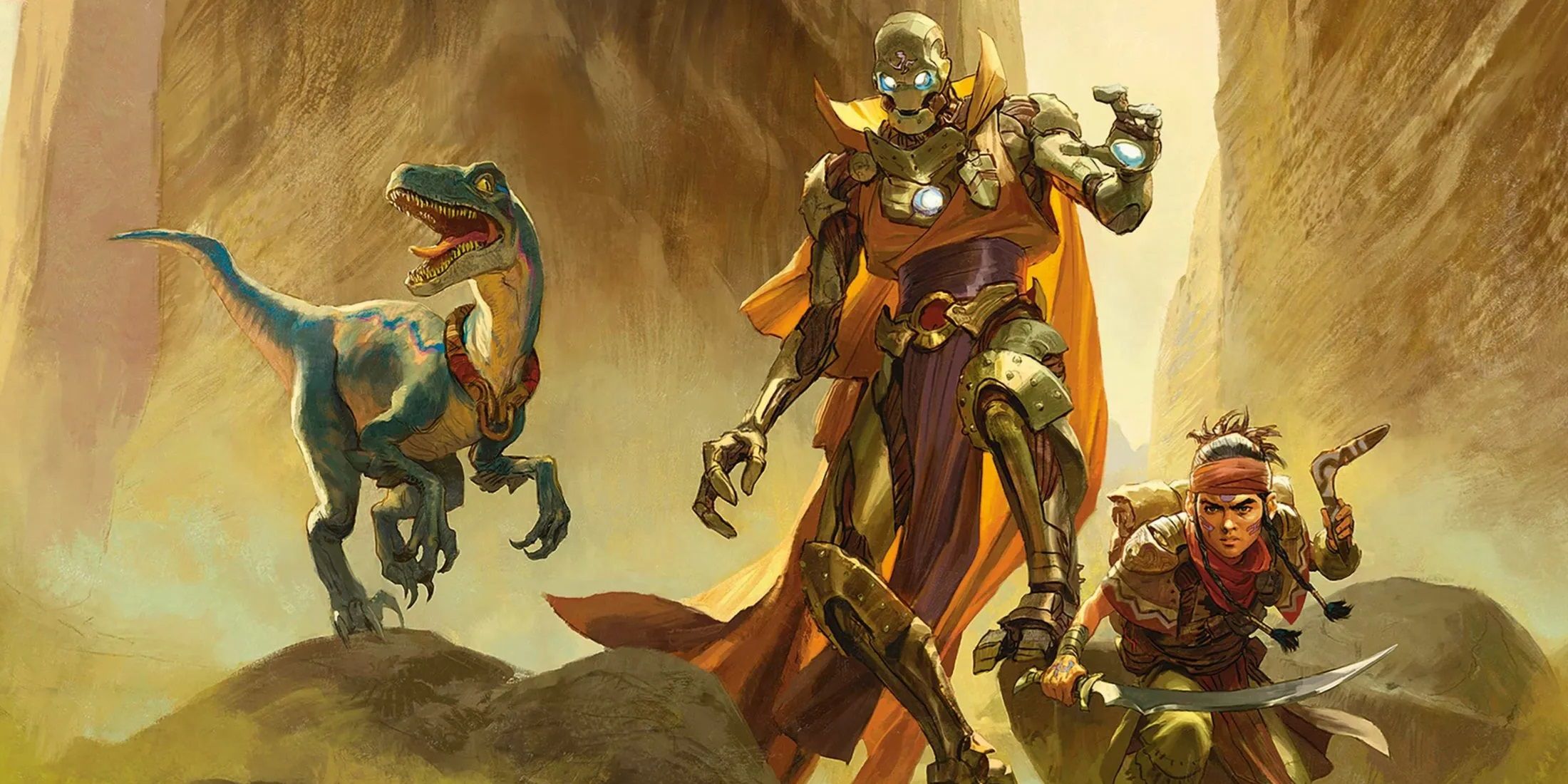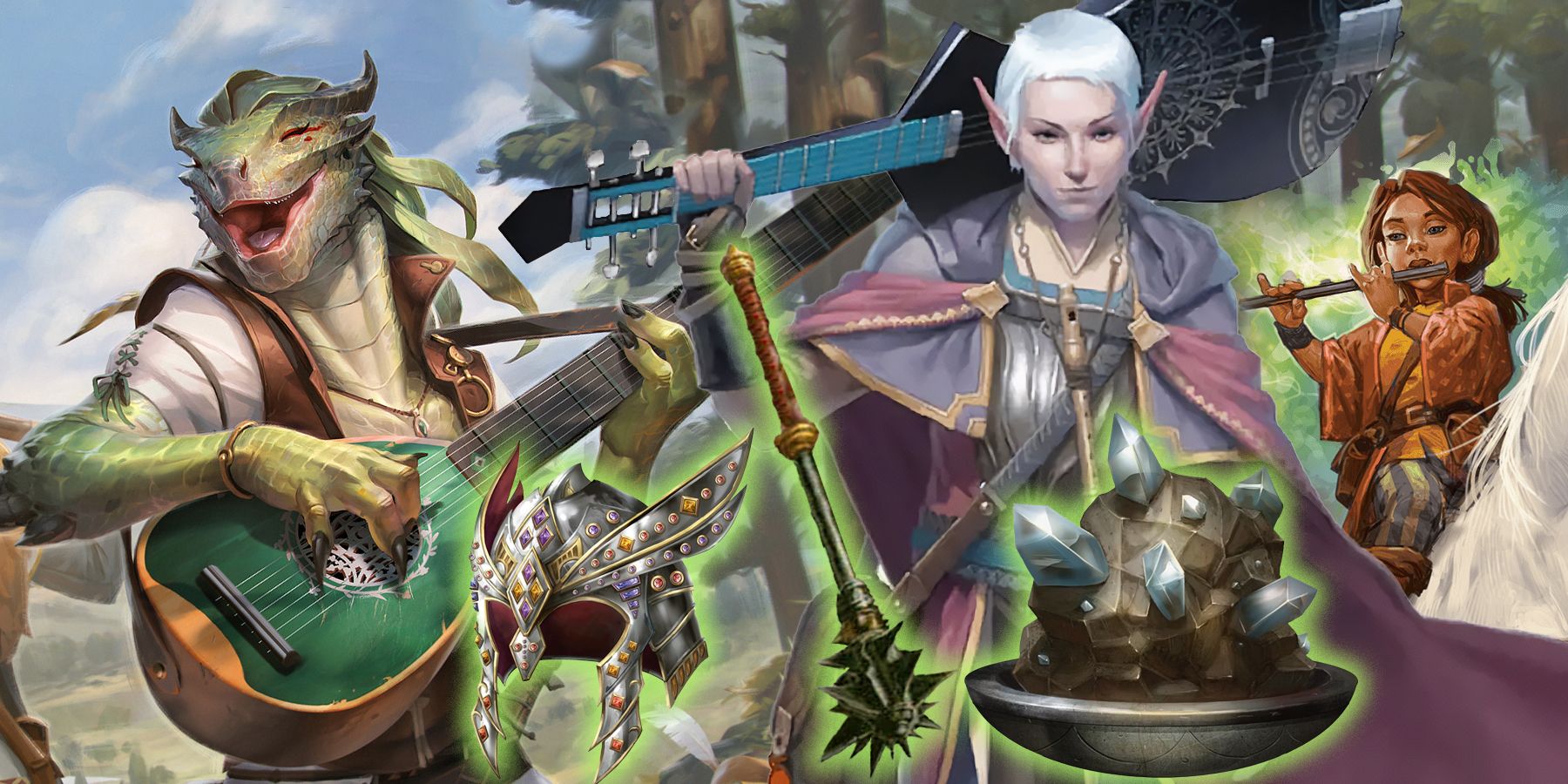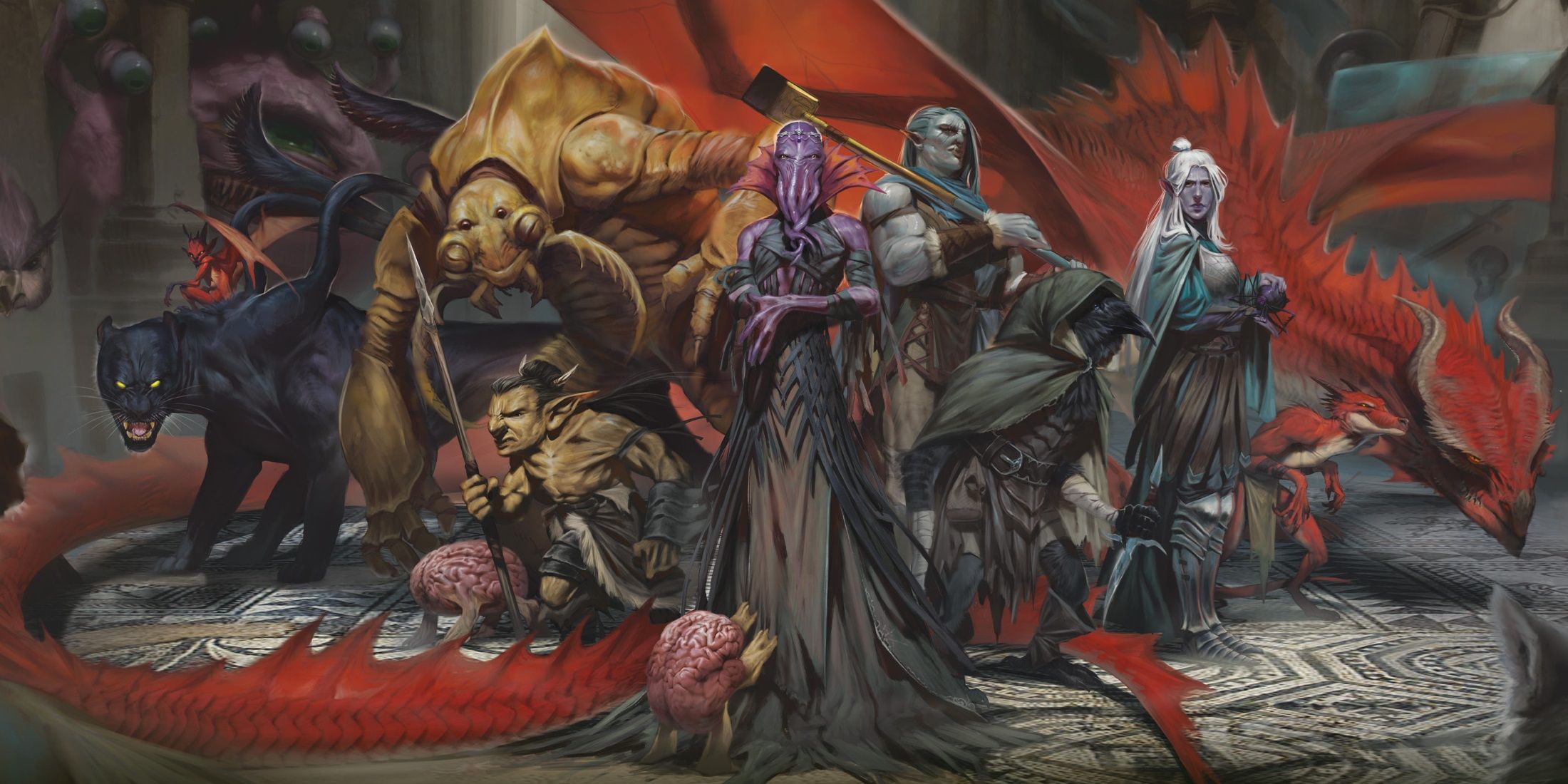All the cover art for Dungeons and Dragons' set of revised 2024 rulebooks has been revealed, in addition to other pieces of artwork that will define the next era of fifth edition. With how many major, historical Dungeons and Dragons characters have been featured on these covers, this pivot towards nostalgia must be examined.
While WOTC has never been a stranger to using its iconic characters on D&D covers, with heavy hitters like Mordenkainen and Acererak featuring on fifth edition covers, the 2024 revision is going all-out. D&D's upcoming Player's Handbook, for instance, plasters characters like Elkhorn, Strongheart, Mercion, and Molliver. More old-school appreciation can be seen on the cover of the Dungeon Master's Guide, where Venger and Warduke from the 80s D&D cartoon are displayed. Minsc and Boo, both of Baldur's Gate fame, can be seen on the cover of the 2024 Monster Manual alongside the new face on the Player's Handbook.
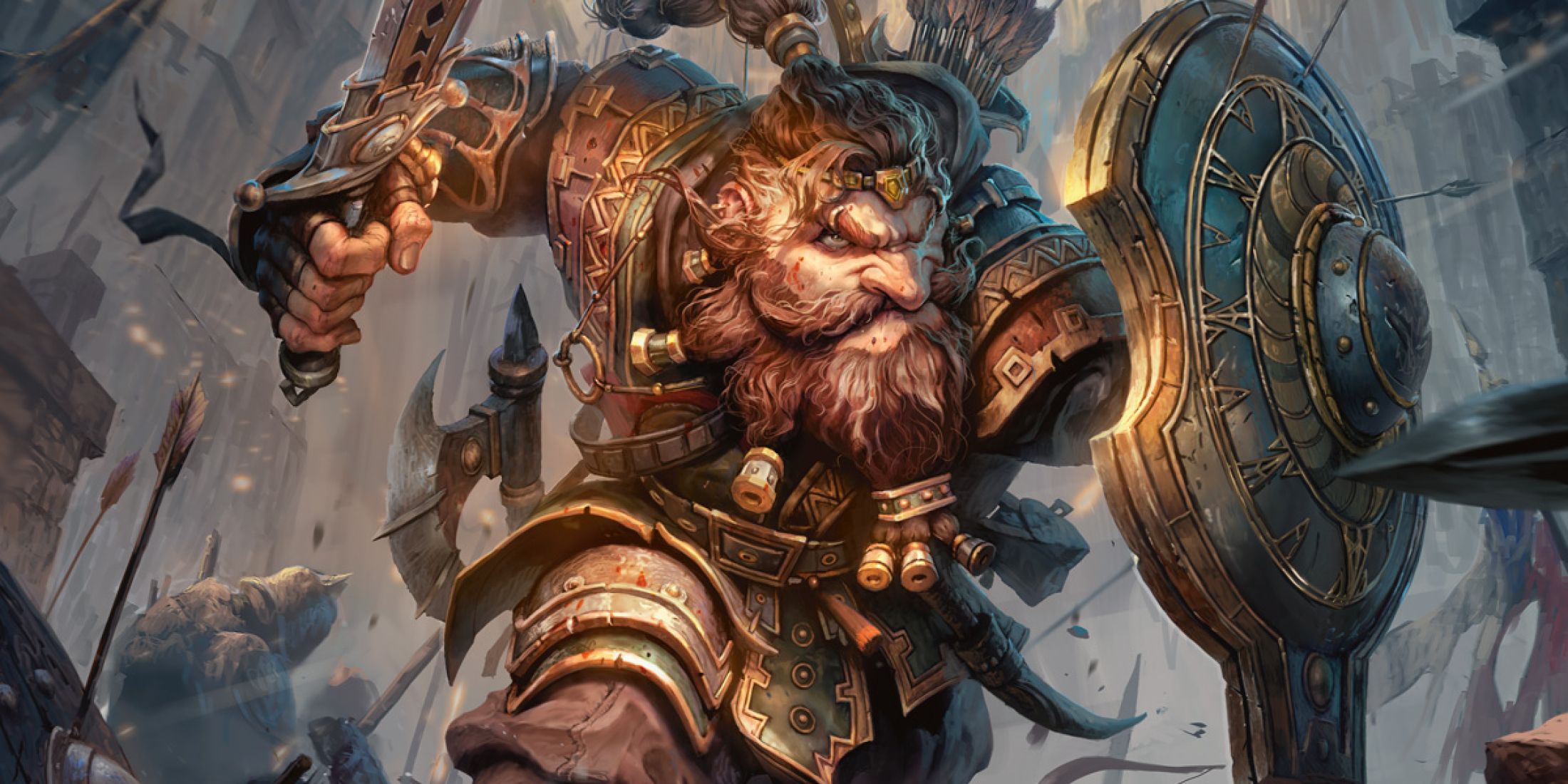
Dungeons and Dragons Reveals Changes to the Fighter Class
Dungeons and Dragons gives an official preview of the changes coming to the Fighter class in the 2024 revision of the Player's Handbook.
D&D's Nostalgia Moves Have Upsides And Drawbacks
By using so many old characters, specifically those meant to be stand-ins for adventurers, D&D is moving in a new direction. WOTC is flexing its IP muscles like never before, digging up ancient references to excite old fans and produce named characters for new fans to get attached to.
Characters like the cast of the 80s cartoon or protagonists from D&D-adjacent novel series are named individuals with more of a hook than random mind-flayers or beholders. While there are many benefits to this strategy, this could create a slippery slope.
Nostalgic Named Characters Are A Big Draw
With 50 years under its belt, D&D has amassed a multiverse of lore—one that easily rivals juggernauts like Marvel or DC. The franchise doesn't just have one setting filled with hyper-detailed lore and world-renowned iconography, but several. Be it the Forgotten Realms, Dragonlance, Greyhawk, Spelljammer, Eberron, Dark Sun, or otherwise, WOTC holds the keys to a veritable dragon's hoard of intellectual property. Considering how D&D can be played for absolutely free thanks to the Basic Rules and internet circulation, heavy-hitting names are one of the few ways WOTC can compete with a growing third-party market.
These characters are also great for new players, which D&D 2024 is geared for. In the past, NPCs and villains have gotten top billing on covers and handbooks. Even if adventurers feature on a cover, they're most often nameless sellswords that fans don't get attached to. Now that named characters feature at the front with lore that new fans can actively research, players making their first character have a solid anchor and can easily take inspiration from these heroes to make their own legend.
D&D Could Take On The MCU's Problems
On the other hand, dilution and oversaturation could become a problem. Cameos are made special by their infrequency, and trying to mine every corner of D&D's legacy for references will eventually weaken that factor. This has become a major problem with cinematic universes and the resurgence of multiverse stories, with projects like the MCU seeing diminishing returns to their original premise.
The novelty of adapting old characters and having them team up for a modern audience has steadily worn off, and WOTC may already be late to this party.
Another big issue is the risk of favoring brand identity over quality, another bugbear that plagues the MCU. Parading iconic faces around for the sake of it can cause more pressing variables, such as story and characters, to lose out. This has already happened with D&D 5e; Vecna: Eve of Ruin is a new adventure module that bends over backwards to induce nostalgia in players and DMs, but its constant use of classic characters and locales doesn't patch up the holes in its structure and design.
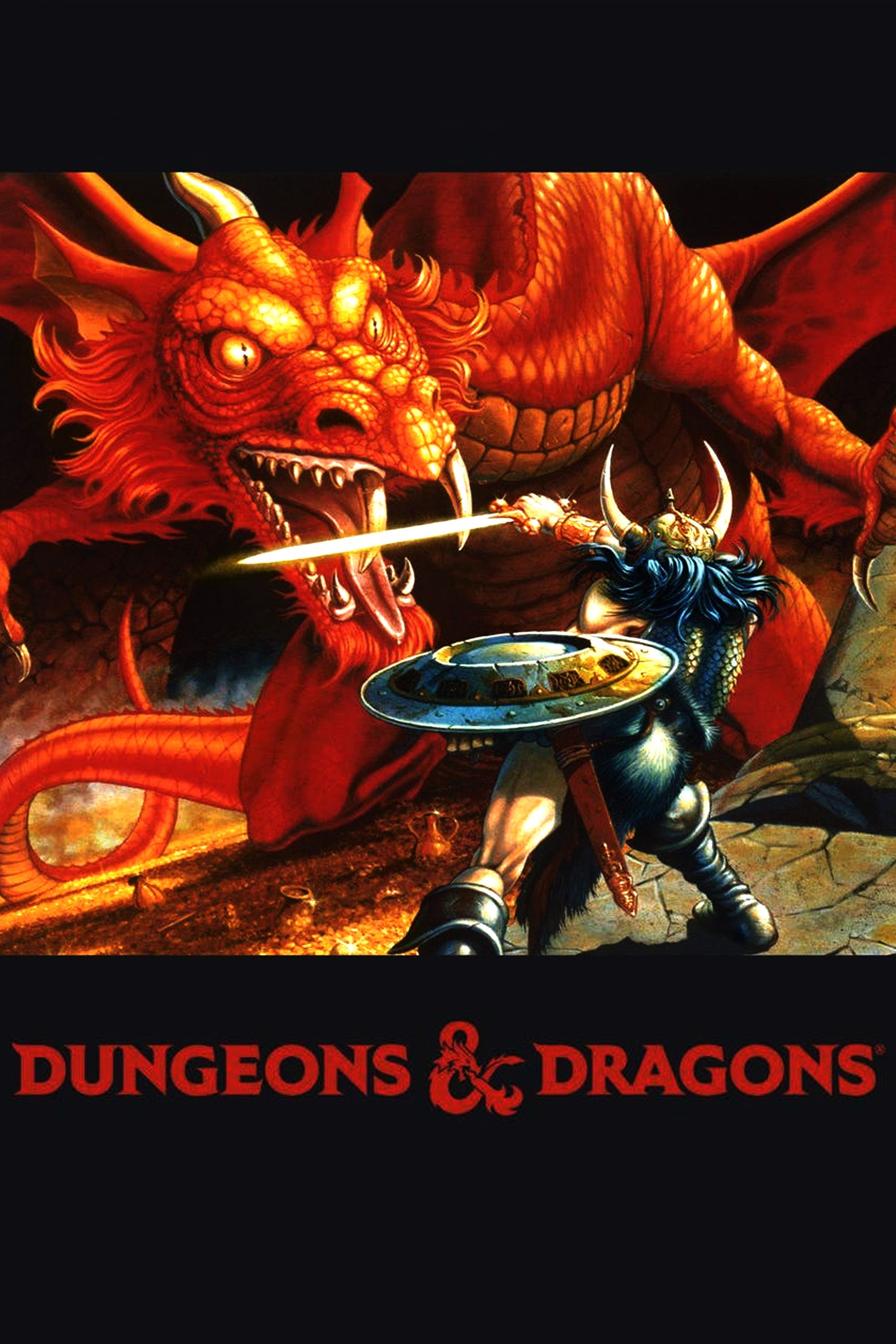
Dungeons and Dragons
Created by Gary Gygax, Dungeons & Dragons is a tabletop game in which players craft their own worlds and band together to take on adventures through mysterious realms outlined in companion materials. One of the best role-playing games ever made, it has been adapted into a variety of video games and other media.
- Franchise
- Dungeons & Dragons
- Original Release Date
- 1974-00-00
- Publisher
- Wizards of the Coast
- Designer
- E. Gary Gygax , Dave Arneson

